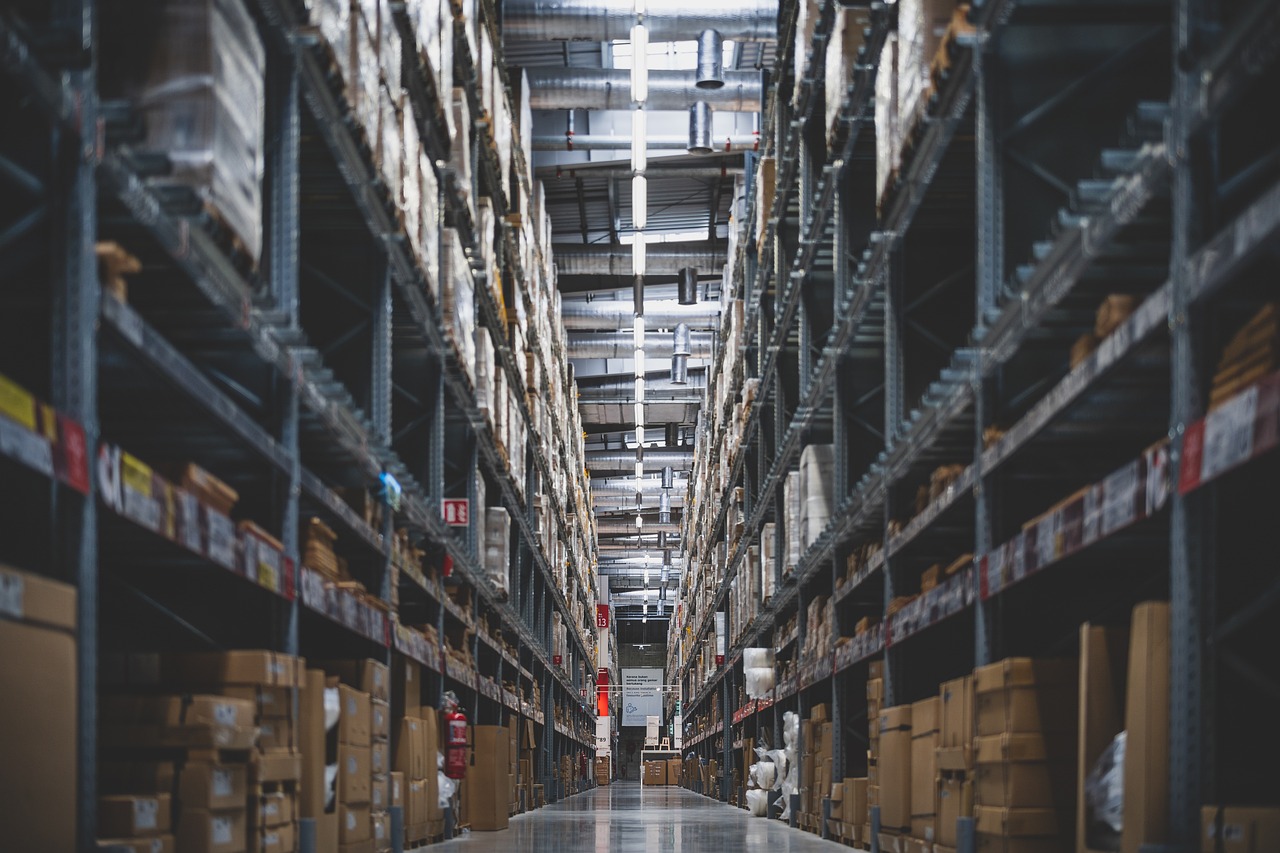
enteredExport agentWhat is the fundamental difference from self-operated customs declaration?
The core differences between import-export agency and self-operated customs declaration are reflected inLegal Subject ResponsibilityandService depthTwo dimensions:
- Liability subject
- Agency Mode: The agency company, as the declaration entity, assumes the responsibility for customs declaration.
- Self-managed customs declaration: Enterprises shall bear the legal consequences of declaration errors on their own.
- Service Scope
- Agent services include the entire process such as document review, pre-classification, and tax payment on behalf of clients.
- Self-managed customs declaration is usually limited to basic declaration operations.
How to verify the actual service capabilities of an agency?
After the upgrade of the Customs AEO certification standards in 2025, it is recommended to verify through three dimensions:
- Qualification document verification
- Check the electronic certificate of the "Customs Registration Certificate" (verifiable on the official website of the General Administration of Customs)
- Request to present a certificate of no violation records in the past 2 years
- Business System Verification
- Request to demonstrate the customs declaration pre-entry system (must interface with the Customs Single Window)
- Check the update timeliness of its classification database (which should include the 2025 HS code revision)
What are the hidden costs included in the agency service fee?
2025 industry research shows that 78% of disputes stem from differences in cost perception, requiring special attention:
- Basic Service Costs
- Customs Declaration Fee (charged per declaration document)
- Document Preparation Fee (Special documents are priced separately)
- Contingent fee
- Customs inspection derived fees (container lifting fees, yard fees, etc.)
- Tax difference supplement caused by exchange rate fluctuations
The RCEPWhat are the new changes in agency services under the framework?
The full implementation of RCEP in 2025 will bring three key changes:
- Certificate of Origin Authentication
- Newly Added Electronic Certificate of Origin Real-time Verification System
- Allow certified agencies to independently issue certificates
- Tariff Guarantee
- AEO enterprises can enjoy tax deferred payment services
- The guarantee quota sharing mechanism covers the 15 RCEP member countries.
How does the agency company take responsibility when customs clearance delays occur?
Need to focus on reviewing in the agency contract:Liability Allocation Clauses:
- Force Majeure Clause
- Exempted circumstances such as port strikes, natural disasters, etc.
- Contingency Plan for Handling Public Health Emergencies such as Epidemics
- Determination of fault liability
- Standard for Compensation of Port Detention Fees Caused by Documentation Errors
- Administrative Penalty Recovery Mechanism Caused by Misclassification Errors
Foreign exchange man...
The 2025 new cross-border e-commerce regulatory policy requires that agency services must have:
- Three-in-One Single Order Capability
- Real-time Matching System for Payment Orders, Logistics Orders and Sales Orders
- Capability of direct API connection with cross-border e-commerce platforms
- Return Supervision Plan
- Bonded Zone Reverse Logistics Customs Clearance Service
- Regulatory Process for Destruction of Defective Products
Tags: The RCEP


 Follow the customer service WeChat account.
Follow the customer service WeChat account.